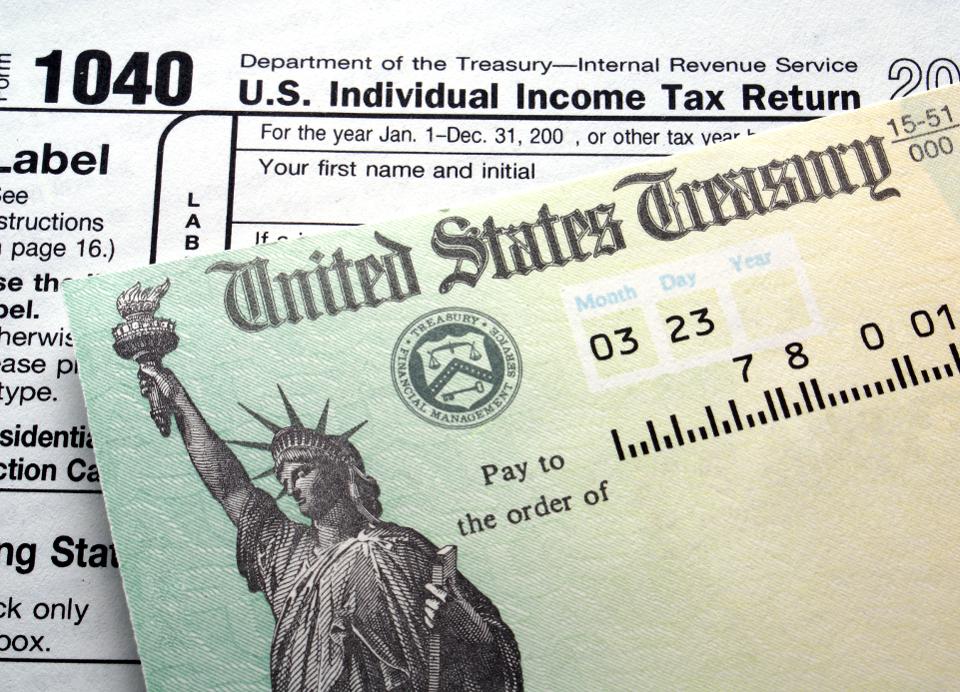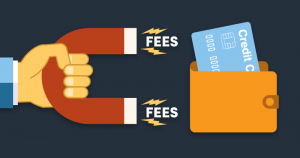We use credit cards daily for all our needs: to purchase items that we cannot afford to pay in full, to improve credit score etc. So it makes sense to think that we could pay our IRS taxes with credit cards as well. With so many credit cards available, the payment options abound.
The IRS do allow you to pay taxes with credit cards, as you can see here, let’s also note that the payments incur additional fees than what you’d expect, though.
Pay IRS with Credit Card by Using the Following Payment Processors
| Processor | Debit Card | Credit Card | Digital Wallet |
|---|---|---|---|
| PayUSAtax.com (WorldPay US, Inc.) 844-729-8298 Payment 855-508-0159 Live Operator 844-825-8729 ServiceInternational Non Toll-Free 1-615-550-1491 Payment 1-615-942-1141 Live Operator 1-615-550-1492 Service |
$2.55 flat fee | 1.96% fee, Minimum fee $2.69 |
See debit or credit card fees
 Includes: Includes:
|
| Pay1040.com (Link2GovCorporation) 888-729-1040 Payment 888-658-5465 ServiceInternational Non Toll-Free 1-501-748-8507 Live Operator |
$2.58 flat fee | 1.87% fee, Minimum fee $2.59 |
See debit or credit card fees |
| OfficialPayments.com/fed (Official Payments) 888-872-9829 Payment 877-754-4420 Live Operator 877-754-4413 ServiceInternational Non Toll-Free 1-334-521-3842 Payment |
$2.00 flat fee ($3.95 flat fee for payments over $1,000) |
1.99% fee, Minimum fee $2.50 |
See debit or credit card fees |
Benefits of Paying IRS with Credit Cards
While the general consensus in the financial world is that you shouldn’t pay your IRS taxes using a credit card, since the fees and APR will make it a costly event, there are still benefits, if you play your cards right:
You’ll earn rewards
If you are using rewards credit cards (who doesn’t?) and the rewards are generous, by paying your taxes with the credit card you’ll rack up points and most likely offset the big fees altogether. The trick is that your rewards need to be higher than the processing fee, otherwise you are losing money.
For people who are paying in full every month, so they are using a credit card to improve credit score and get rewards, this can be a good option.
You can meet a spending bonus
If your taxes are high enough, paying via credit cards will allow you to get closer to your spending bonus or even go past it. This unlock bigger rewards and you don’t have to overspend just to get there, like you would do shopping.
Your taxes are a mandatory cost, not a splurge, so you’ll rack up the bonuses by paying for something that needs paying anyway.
Travel rewards cards are some of the best contenders when it comes to paying IRS with credit cards.
You avoid penalties and late fees
The IRS are not joking with their penalties and late fees, which can actually be steeper than your credit card APR. So, if your calculations are correct and you do use the right credit card, you will pay fees (transaction fees mainly, as they appear in the table above), but you will also be able to pay your taxes on time and avoid the IRS penalties.
You buy more time
If you are strapped for cash now and still owe your IRS taxes, by using a zero APR credit card, you’ll be able to avoid the penalties and, if you pay your balance in full at the end of your introductory APR period is up, do this with ZERO interest. Make sure you do pay your balance in full, otherwise the APR will void any previous benefits, making paying the IRS taxes with credit cards a very expensive option.
Disadvantages of Paying IRS Taxes with a Credit Card
You will pay fees
As the IRS doesn’t accept credit card payments directly, the aforementioned payment processors have their own convenience fees, usually about 2% of the tax owned.
You will pay interest
Unless you plan to pay your credit card balance in full, you will pay interest. As most credit cards have an APR from 20% to 28%, this will add up quickly and it can get out of control, getting you in credit card debt.
A way to override this issue is to use the 0% APR introductory period on your credit card and pay in full until the period ends. But, again, just like with everything credit card related, you need to be disciplined and careful. The rewards / perks can turn into huge costs otherwise.
Of course, it’s not as bad as using cash-advance checks. Stay away from these as much as possible, as the fees are huge.
Most of the rewards are not significant
As most credit cards allow a 2% reward for non-category purchases, you’ll probably just cover the payment fees.
There are few credit cards that offer big signup bonus offers, requiring a large spend to get these rewards (say 50K points if you spend 3,000 in 3 months.
Since taxes usually fall into this number (more or less, depending on how much you earned), this would allow you to meet this spending threshold and earn the bonuses. If you get 15-20% back, it easily covers the 2% fee and leaves you with some money in the bank as well.
It can decrease your credit score
With a higher credit utilization ratio (the percentage of your credit limit you are using), your credit score can suffer. It’s not an issue, if you have a high limit, but for people whose credit cards allow only a small credit every month, if you pay IRS with credit card, this can decrease your credit score.
The upside is that, if you pay the balances, the credit score will increase again.
Should you Pay IRS with Credit Card?
After all these pros and cons, you still wonder if paying the IRS taxes on your credit card is a viable idea. The answer: it depends. If you have a high reward credit card and can pay in full to minimize the payment fees and get some money in return, this can work.
If you are not disciplined enough and your calculations show that you will incur more fees paying taxes with credit cards, then you need to find another solution: either defer 120 days or even get a payment plan devised by the IRS.














